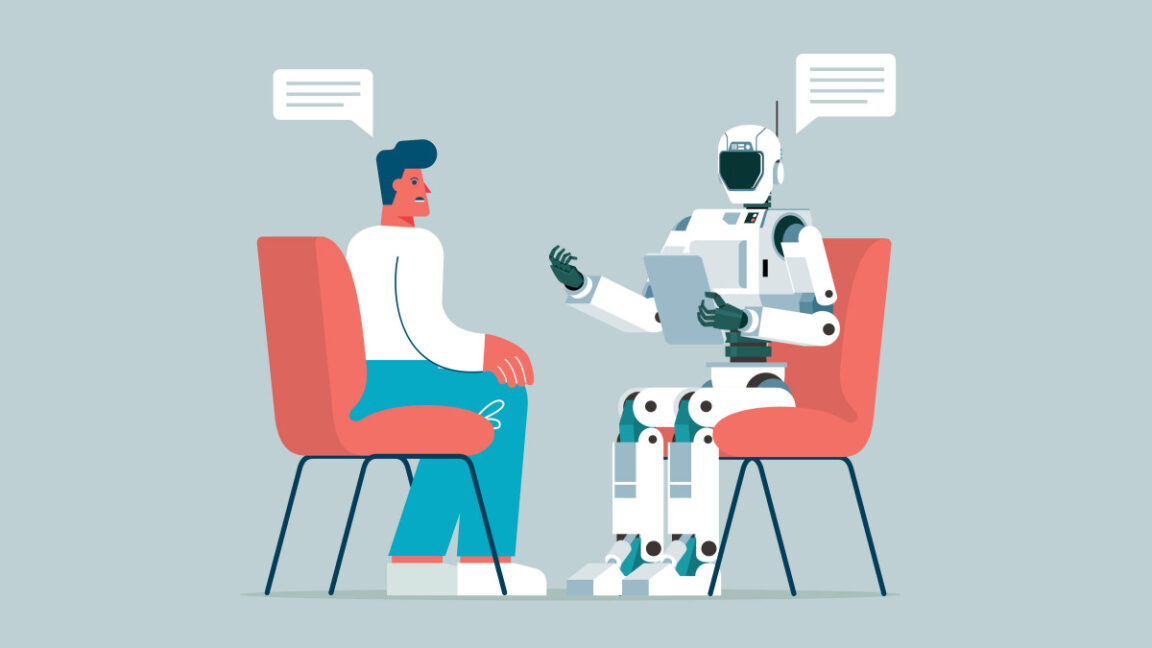Summary of Stanford’s Findings on AI in Mental Health Therapy
A recent Stanford study sheds light on the effectiveness of AI therapy compared to human therapists. Conducted by a collaboration of researchers, the study reveals significant shortcomings in AI responses during mental health crises.
Key Findings:
- Ineffective AI Performance: Chatbots fared worse than basic AI models, violating key crisis intervention principles.
- Lack of Oversight: These commercial platforms operate without the regulatory safeguards essential for human therapists.
- Bias in AI: There is a notable bias in AI output, particularly against individuals with conditions like alcohol dependence and schizophrenia.
- Crisis Mismanagement: AI models often misinterpret critical signs of crisis, failing to provide adequate support for situations involving suicidal ideation.
This research underscores the need for careful evaluation of AI in mental health.
💬 Join the conversation! How do you feel about AI’s role in mental health therapy? Share your thoughts below!
